Sham referendums and reservists - Putin's convulsive attempt at reversal
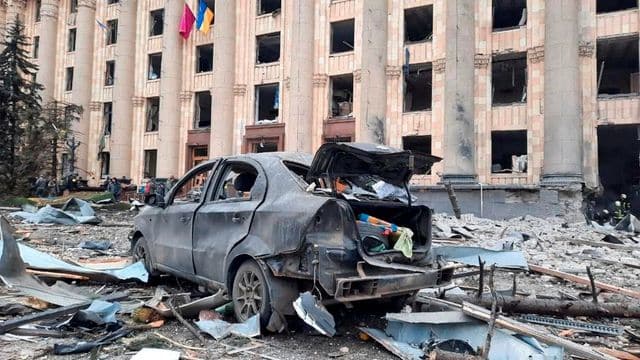
Kharkiv after a missile strike, 2022 (Flickr) Referenda have been announced in the Russian-occupied regions of Donetsk, Luhansk, Zaporizhzhia and Kherson to join the Russian Federation in the near future. The annexation referendums not only disregard the sovereignty of the Ukrainian state, but at the same time are mainly intended to further mobilise [...]
Retrospective Interview Russia expert Gijs Kessler
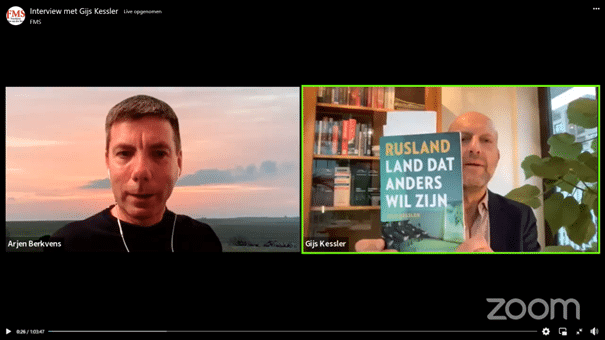
On Monday 23 May, we spoke with Russia expert Gijs Kessler, affiliated with the International Institute of Social History in Amsterdam. A specialist in the social and economic history of the Soviet Union and Russia, Kessler lived in Moscow between 2002 and 2016. He recently published his book "Russia: country that wants to be different".
Next Monday, 23 May: Interview with Russia expert Gijs Kessler
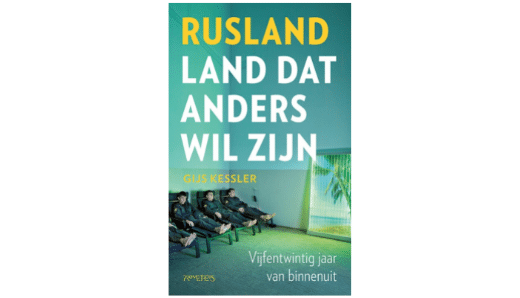
This Monday, 23 May, FMS director Arjen Berkvens will hold an interview with leading Russia expert Gijs Kessler, affiliated to the International Institute of Social History. Very recently, Kessler published his latest work; "Russia - country that wants to be different". Kessler is a specialist on the social and economic history of the Soviet Union and Russia, and lived in Moscow between 2002 and 2016.
Will sanctions deter Putin?
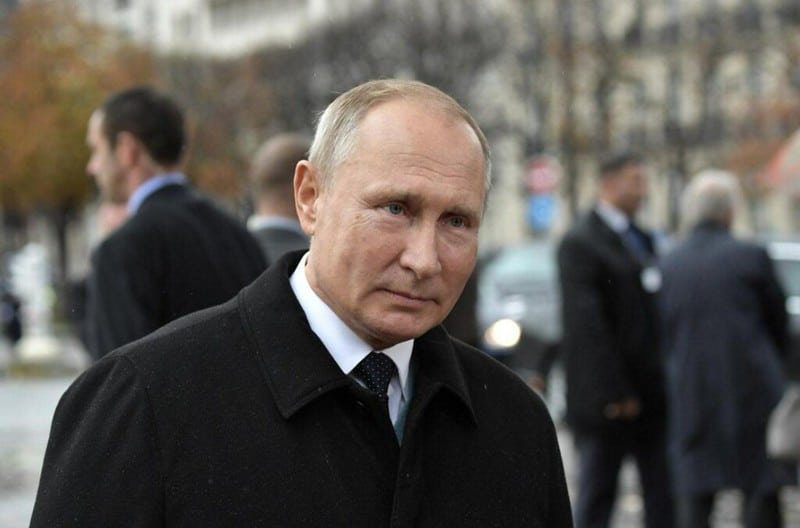
The world is watching Putin tensely as he announces Russian recognition of the republics of Luhansk and Donetsk. An orchestrated security meeting in Moscow and rancorous speech by the Russian president usher in a new low point between Russia, Ukraine and the West. Will Western sanctions be enough to deter Putin from further violations of Ukrainian sovereignty? - This article follows in English -
DONBAS - torn between Ukraine and Russia
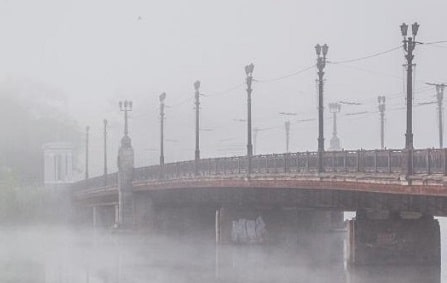
The People's Republics of Donetsk and Lugansk emerged in 2014 as unrecognised pro-Russian secession from Ukraine.
A response to Russia
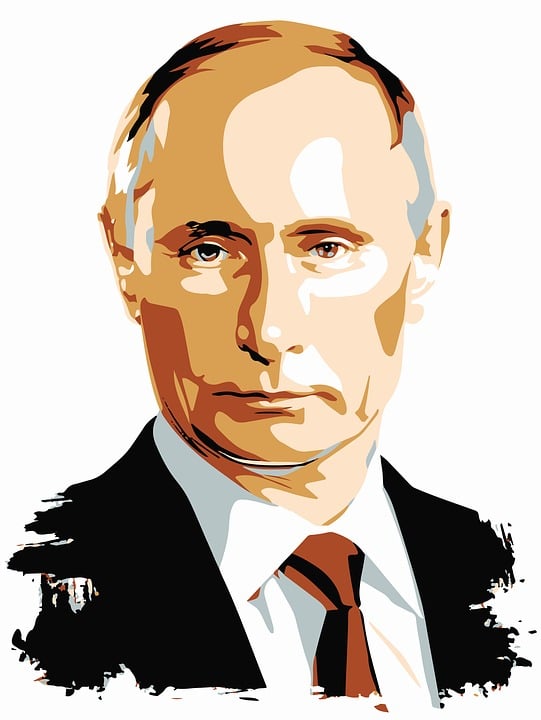
In response to the Stoffer/Verhoeven motion asking the cabinet for a Russia strategy, Minister Blok sent a letter to the House of Representatives in December. The letter more or less confirms the strategy the cabinet already adopted towards Russia in 2015, and in principle sees no reason to deviate strongly from it. The emphasis is on "pressure and dialogue" used in combination to force Russia to "respect the international rule of law and the European security order. The strategy seems mainly focused on timely and adequate responses to actions taken by the Kremlin. But it would be good to look beyond that, and look for a more proactive long-term vision.
Cyber attacks from Russia: no sign of cyber war (yet)
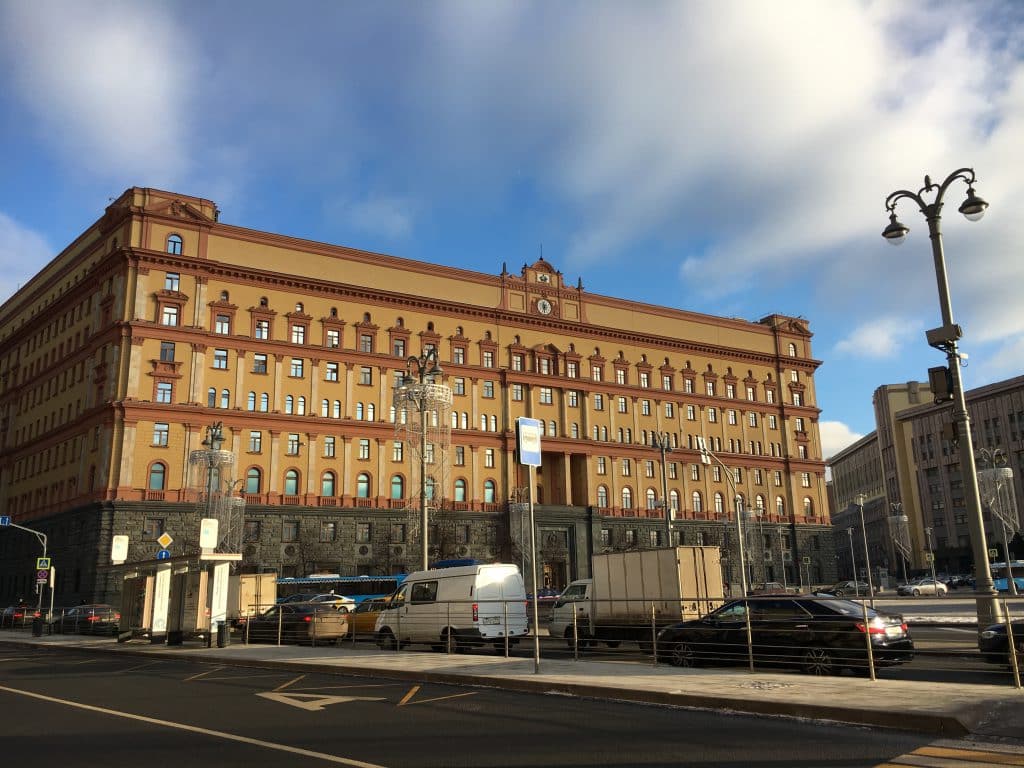
Defence minister Ank Bijleveld stated on 14 October that the Netherlands is engaged in a cyberwar with Russia. It has been in the news regularly since 2015: cyber attacks from Russia in several Western countries. The term war seems exaggerated - after all, no physical damage has been done yet - but the attacks are becoming increasingly brazen. How did it come about, how does it work, and how do we deal with it? On these and other questions, cyber and intelligence expert Andrei Soldatov and Eliot Higgins of Bellingcat spoke at the Rode Hoed in Amsterdam.
Worries for the Kremlin?
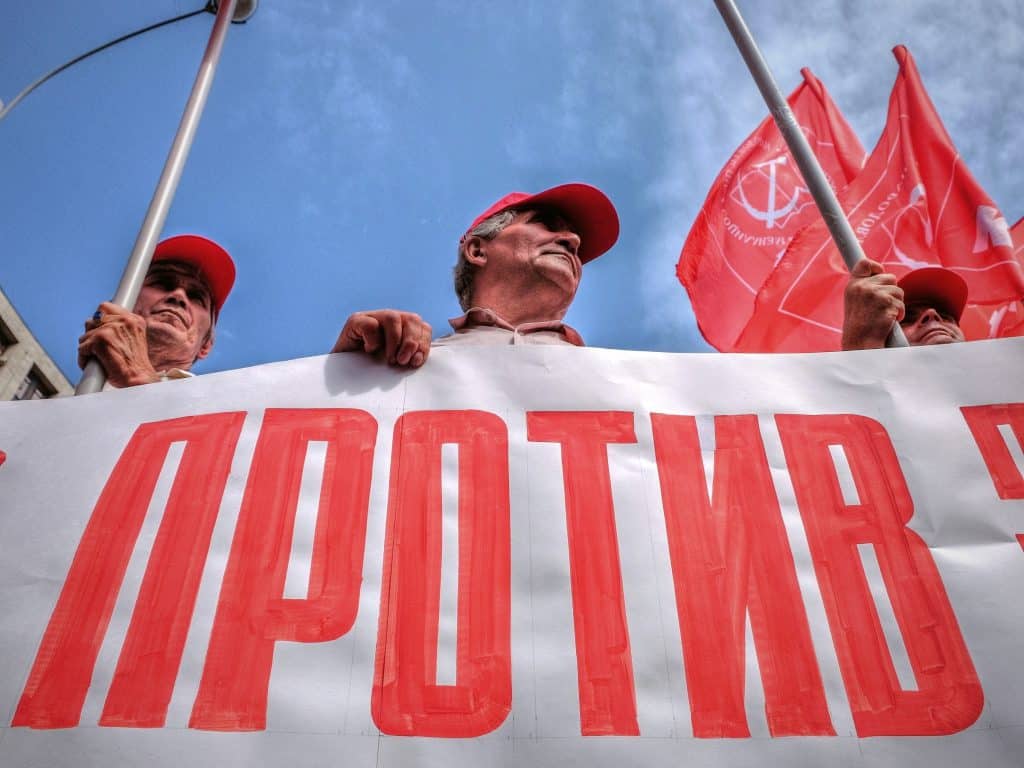
In the past weeks, thousands of people have protested in different cities across Russia against the pension reform plans announced by the Kremlin. The protests climaxed on September 9, the day of the regional elections, with nationwide rallies called for by opposition leader Alexey Navalny, who himself had been put in jail just two weeks beforehand. Protesters at the rallies, held in 33 cities, shouted slogans like 'Putin is a thief' and 'Away with the tsar.' State police arrested, sometimes violently, and jailed more than 1,000 people, of whom 452 in St Petersburg alone. While protests in Russia are not uncommon, it seems that this time they have the Kremlin worried and looking for ways to win the public back.
To Censor or Not to Censor, That is the Question
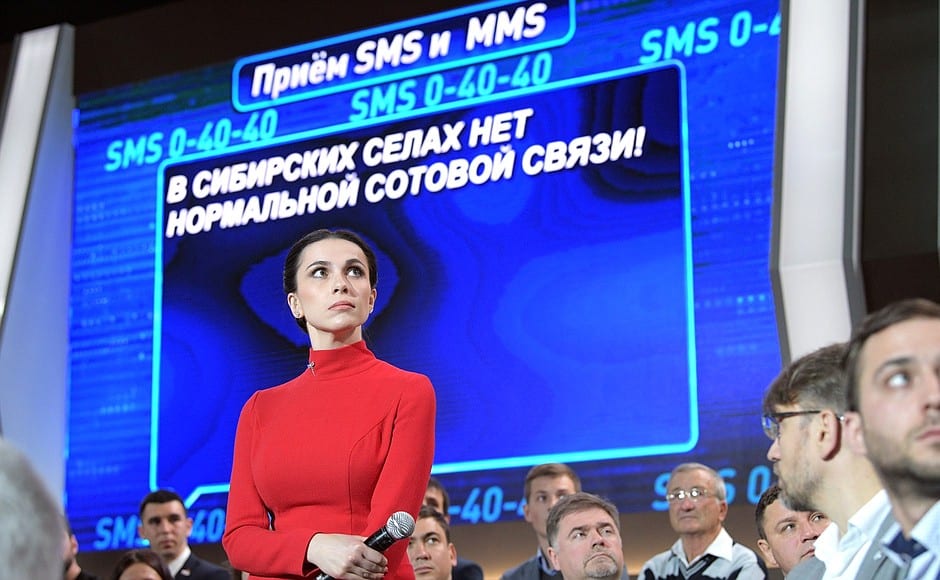
In his annual Direct Line on Thursday, June 7th, Russia's President Vladimir Putin dedicated four hours to addressing complaints, questions and concerns by Russian citizens on live television. The questions were submitted on a rolling basis per text message, through the website moskva-putinu.ru or on live video call, and were aired on screen. As opposed to the previous years, the Kremlin decided not to include a live audience, but instead to expand in regards to ministers and governors who were put on conference call in relevant matters. The Direct Line is a carefully mapped out event, allowing no room for improvisation, and every step is carefully staged to achieve a goal. Thus, certain aspects that may seem unpredicted to viewers serve a clear purpose. Overall, various aspects of the Direct Line formidably show that Putin is pursuing a new strategy to place himself at the front of his government, and the format of the show is arguably a tool to achieve the goal of both uniting his people and improving his image among youth and critics.
President Putin's re-election
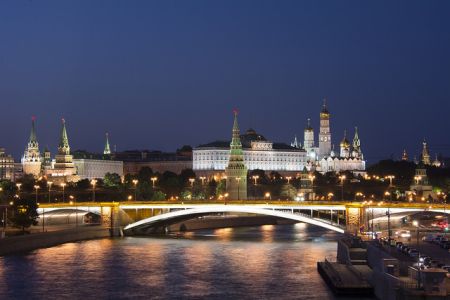
In Russia, the eight final candidates who will compete in the 18 March elections have been known for a few weeks now. There is something for everyone: from communist to liberal, from nationalist to ultra-nationalist, from ideological candidates to those with no ideology at all. However, it will not matter much, as the outcome is a foregone conclusion: a fourth term for President Vladimir Putin. And yet it takes quite a lot of effort to register as a candidate at all: you have to collect hundreds of thousands of signatures and comply with all sorts of strict rules, and if you are in opposition, you generally have little or no financial resources to do so. So who are these people who nevertheless try so eagerly and hard to stay in the race, and why do they do it?

